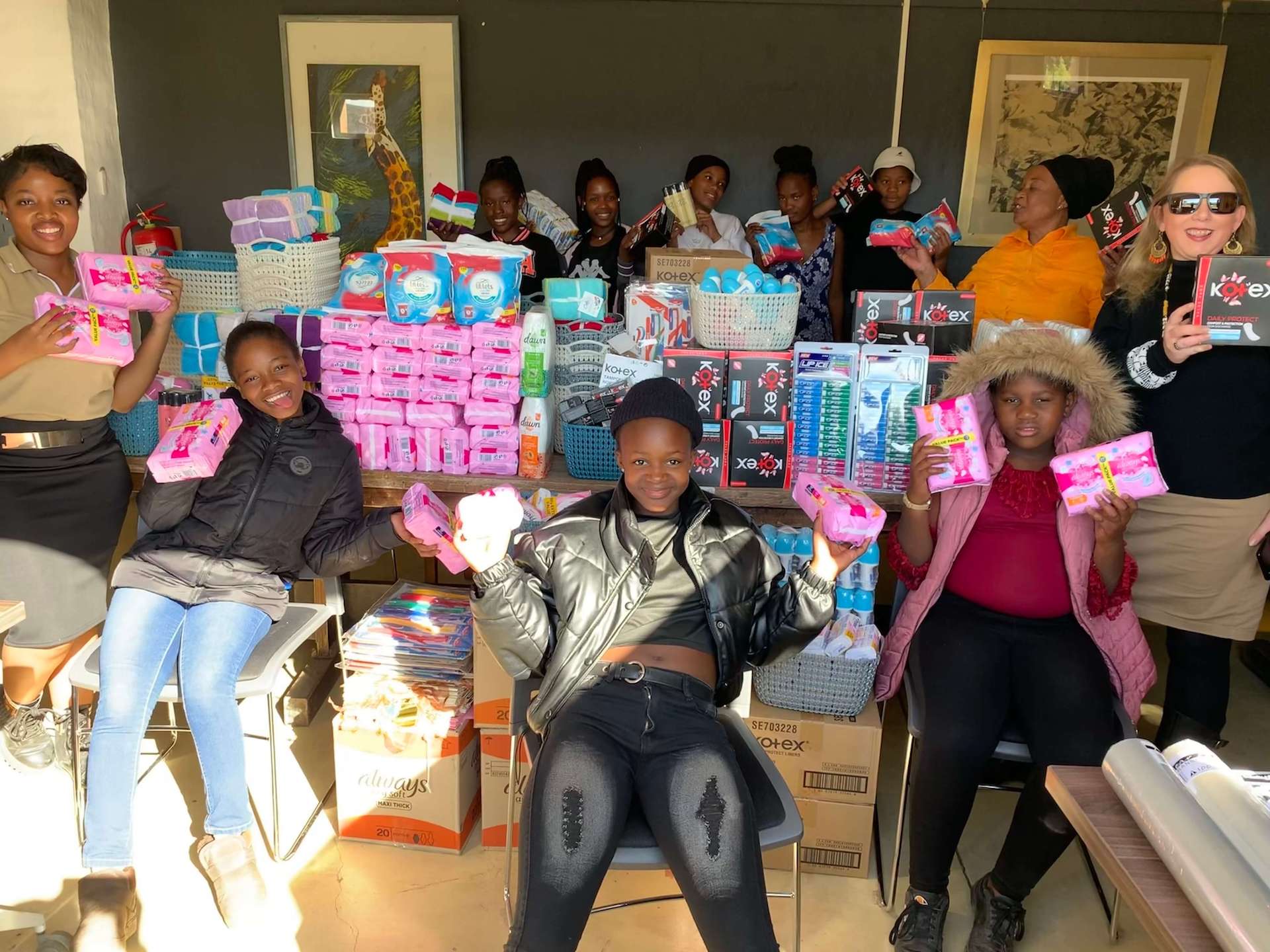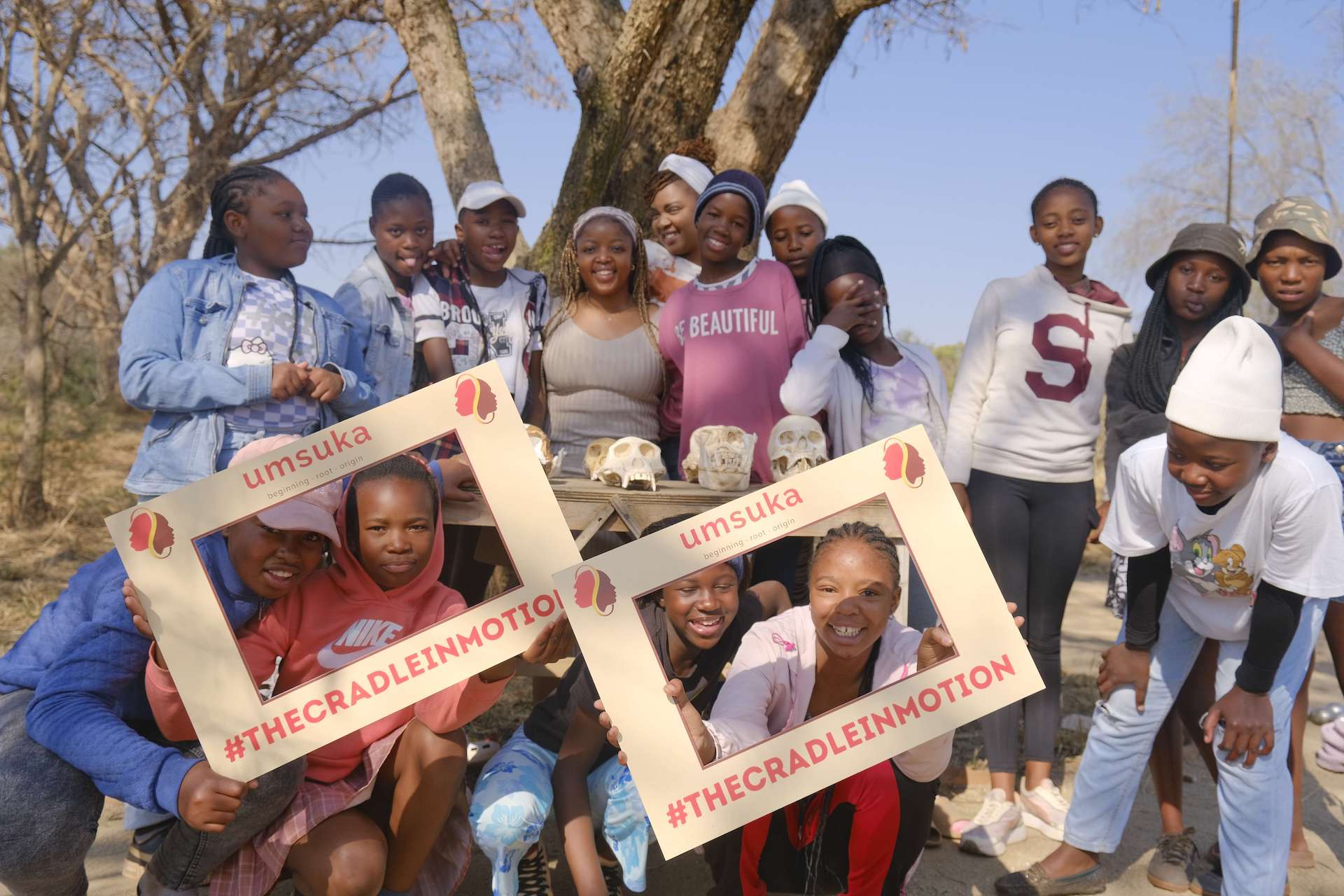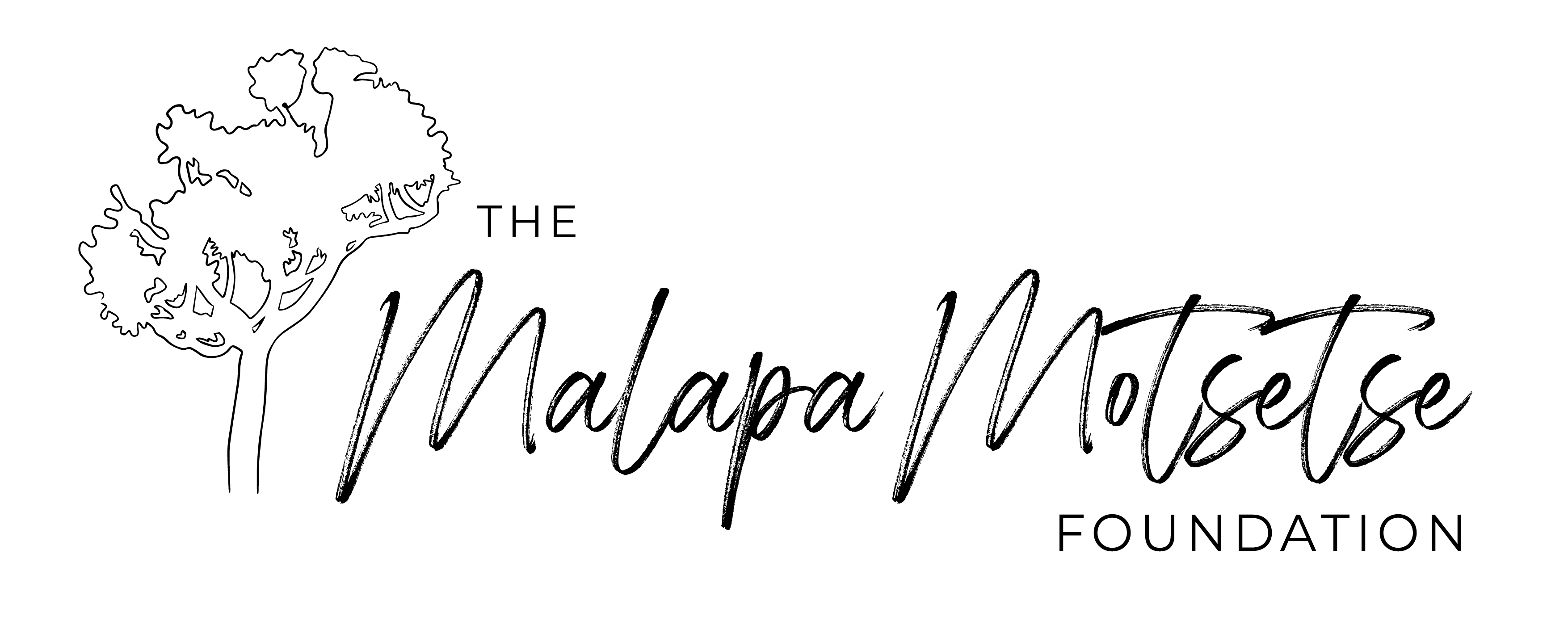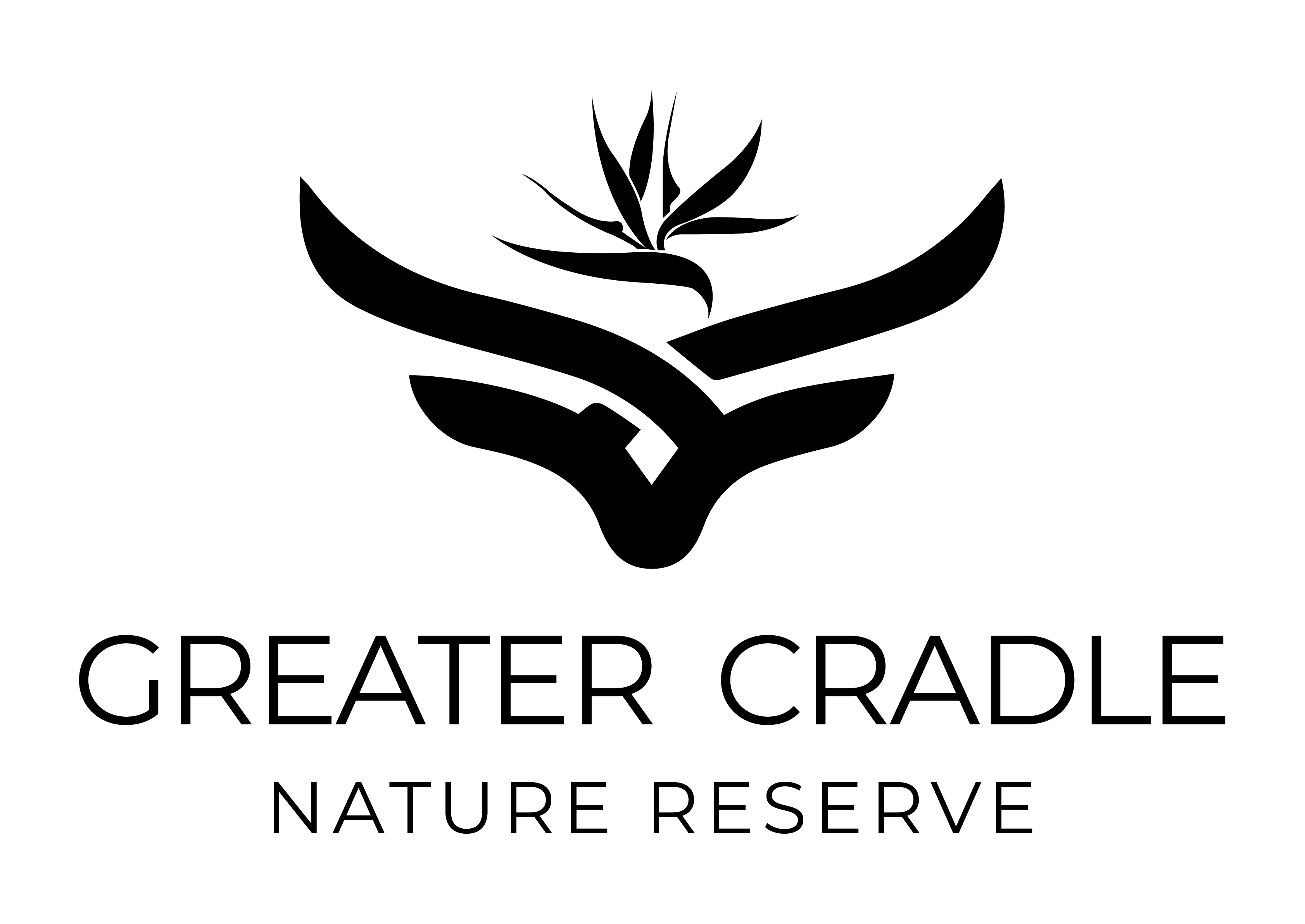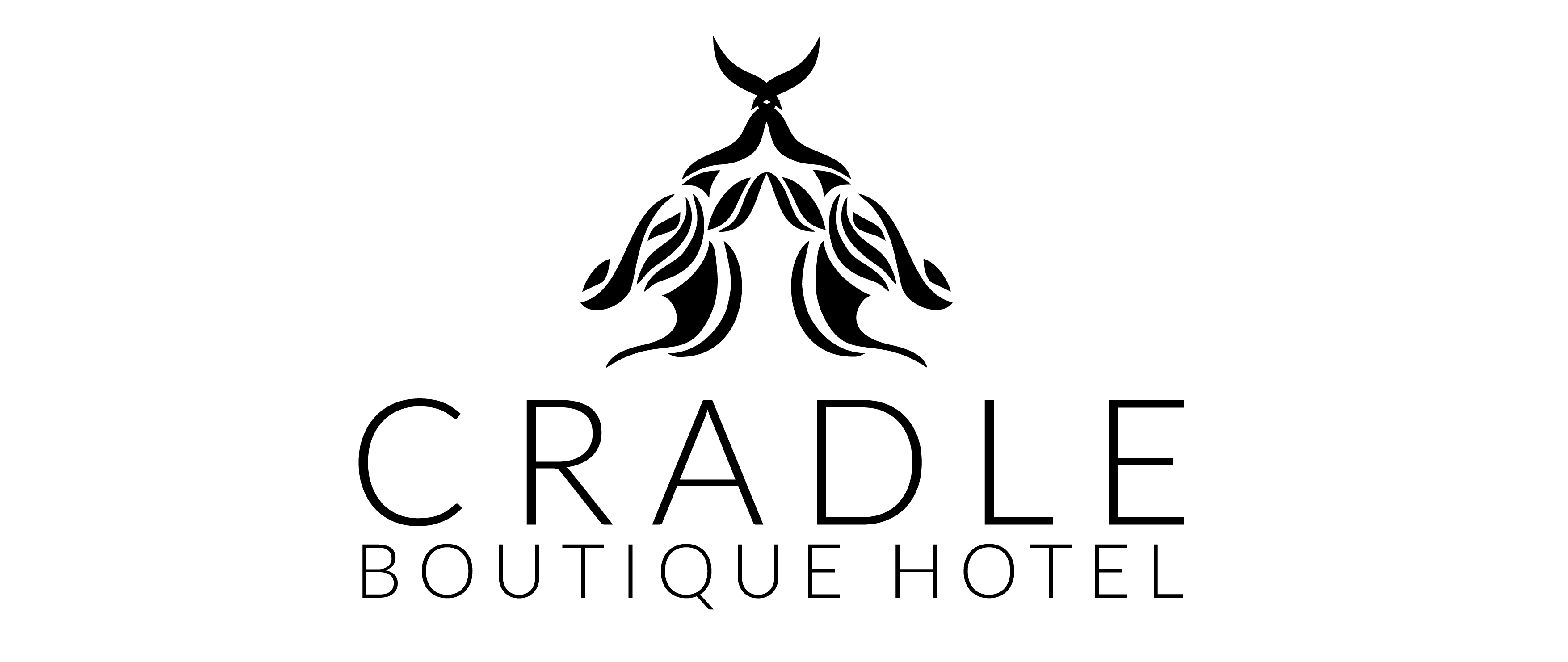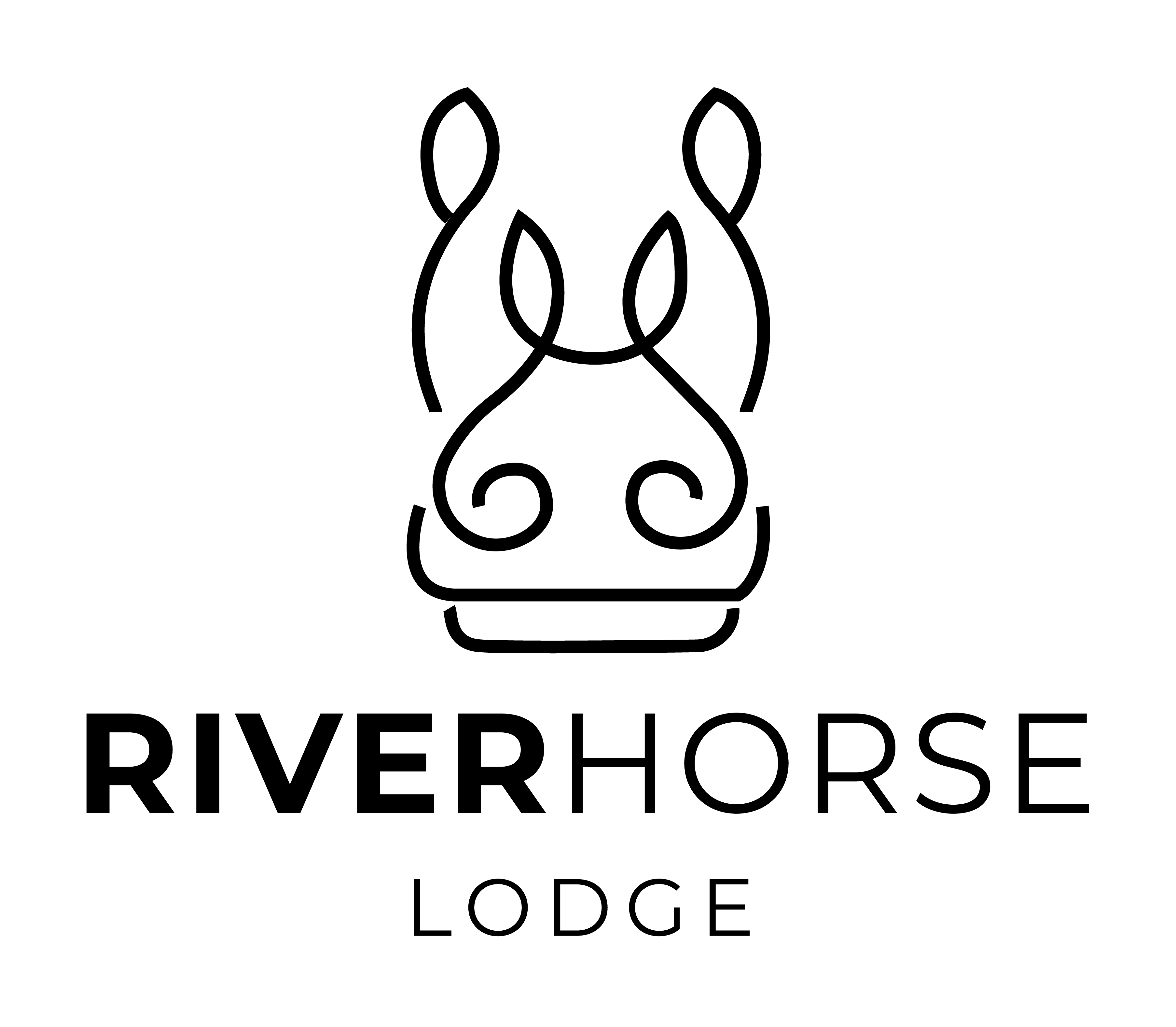Education and conservation are the interlinked themes that drive the Greater Cradle Nature Reserve’s social responsibility programmes.
The privately owned Greater Cradle Nature Reserve (GCNR) is a magnificent 9000-hectare UNESCO (United Nations Educational, Scientific and Cultural Organization) world heritage site close to Johannesburg and situated in the heart of the Cradle of Humankind. This unique ecotourism destination boasts two active paleoanthropological sites still unearthing both hominid and animal fossils.
In this sacred place where time began Education and Conservation are the interlinked themes that drive the Greater Cradle Nature Reserve, the Cradle Boutique Hotel and Riverhorse Lodge’s social responsibility programme.
Managed by the Malapa Motsetse Foundation, the focus is on preserving and protecting the cultural, paleoanthropological and natural heritage of this significant part of the Cradle of Humankind World Heritage Site.
All profits are fed into supporting projects run through Malapa Motsetse Foundation.
To ensure that the local communities understand the importance of preserving the Greater Cradle Nature Reserve, The Malapa Motsetse Foundation, Cradle Boutique Hotel and Riverhorse Lodge teams run education workshops that help both hotel staff and school children understand the significance of this UNESCO World Heritage Site that is the birthplace of our species and ensure that it is protected in perpetuity.
One of our key educational tools is the Malapa Museum, built in partnership with renowned paleoanthropologist Lee Berger’s Foundation for Exploration, the Malapa Motsetse Foundation and National Geographic.
The Malapa Museum Experience takes visitors on a journey into the past, exploring some of the most important discoveries that have made this region famous for helping us understand humankind’s deep African origins.
The Greater Cradle Nature Reserve Family
our programs and initiatives
Malapa Museum
One of our key educational tools is the Malapa Museum, built in partnership with renowned paleoanthropologist Lee Berger’s Foundation for Exploration, The Malapa Motsetse Foundation and National Geographic.
National Geographic UMSUKA
The National Geographic UMSUKA Public Palaeoanthropology Project (Nat Geo UMSUKA), comprises of a Cradle Ambassadors course which introduces and explores the unique setting of the Cradle as well as its abundant wonders.
Alien Invasive Plan Programme
Alien Invasive Plant Programme is implimented to control and eradicate the AIPs on the nature reserve through labour intensive, mechanical and chemical control measures.
Teachers Training
We provide teachers with courses covering computer literacy, current educational systems, educational leadership, blended learning, differentiated classrooms, digital teaching plans, and the use of STEM digital content in the school and classroom environment, etc.
Lego Robotics
Qualifying students (educators and community leaders) will be equipped to coach learners in robotics. Students are equipped to teach the basics of robotics in education (programming, technology and pedagogy) in terms of knowledge, skills and values
Computer literacy &
reading eggs
Are you interested in learning more about basic computer operation, software, and internet functions. The Malapa Motsetse Foundation uses Reading Eggs to make learning to read interesting and engaging for kids, with great online reading games and activities

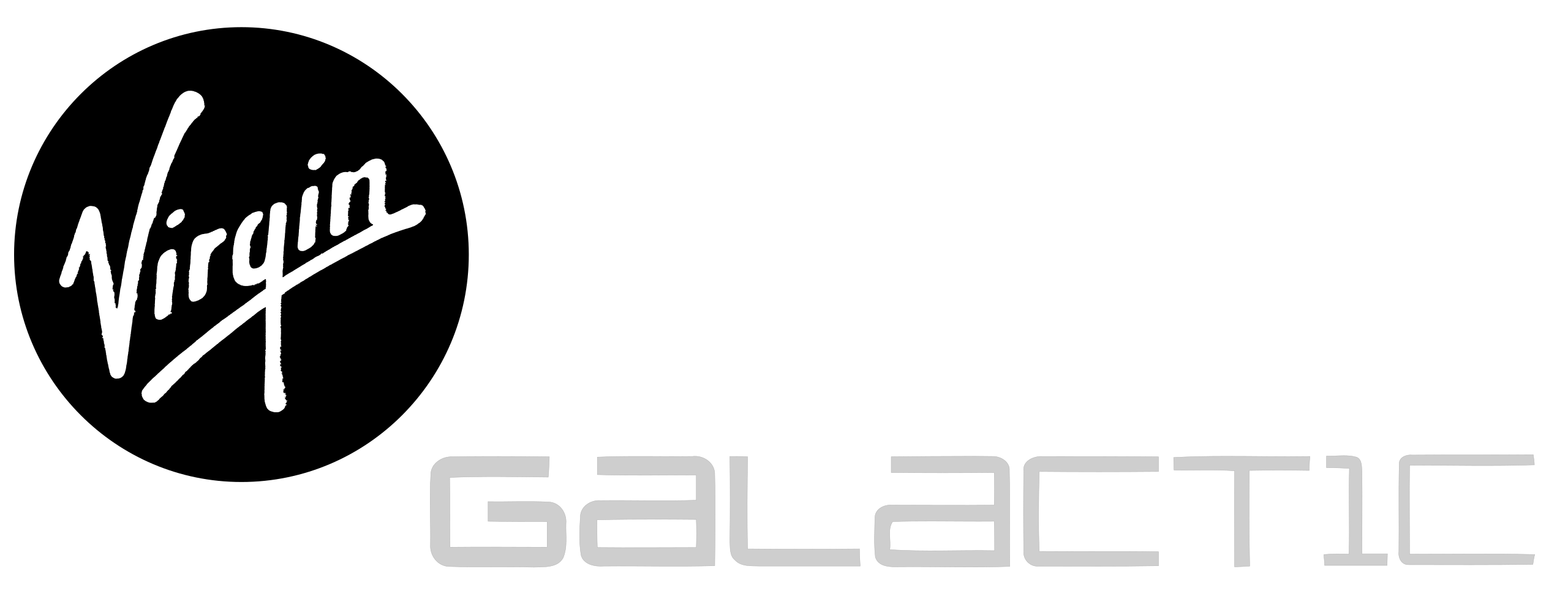

The three main Education and Conservation projects driven through the Malapa Motsetse Foundation
Alien Invasive Plant Programme
Our Alien Invasive Plant Programme is a targeted effort dedicated to combatting the proliferation of alien invasive plant species in this unique and ecologically significant region. With a deep understanding of the potential threats posed by invasive plants, the programme focuses on preserving the rich biodiversity and cultural heritage of the Cradle of Humankind by utilizing scientific research, strategic management practices, and collaboration with local communities. Furthermore, a highly skilled team works diligently to map the distribution patterns of these plants, implement effective eradication methods, and restore indigenous habitats.

Umsuka Programme
Umsuka is a paleoanthropological education and awareness programme that plays a crucial role in simplifying human evolutionary concepts, making them accessible and understandable to a wider audience. The programme breaks down complex evolutionary ideas into digestible information, easily comprehended by everyone through engaging educational activities.
Cradle Ambassadors Course: Employees within the hospitality sector in the Cradle of Humankind are equipped with knowledge about human evolutionary concepts which they can effectively communicate the significance of this to guests.
A Schools Educational Outreach Raising Programme: This provides awareness about human evolution to high school learners to spark curiosity and cultivate a deeper understanding of our shared origins.
A Community Engagement Programme: These initiatives create a platform for organizations to actively contribute to the well-being of the community of the Cradle of Humankind. Supporting initiatives focus on education, environmental conservation, community development, and cultural enrichment, and allow for a symbiotic relationship between corporate entities and the local community. Fostering community engagement ensures that Cradle of Humankind residents are active participants in the conservation, interpretation, and promotion of their cultural and historical heritage. Initiatives empower local communities by providing them with a sense of ownership and stewardship over these ancient sites, promoting a deeper understanding and appreciation of their heritage among residents and visitors alike.
Malapa Motsetse Foundation NPO Reg No. 154-160
